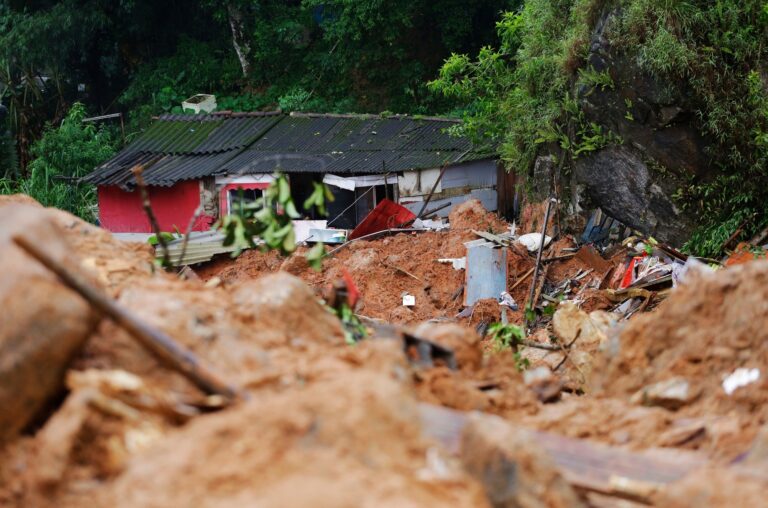A recent study in BMJ Open explored the effects of extreme weather events on maternal health in low- and middle-income countries. The review highlighted limited findings and the need for further research to understand how disruptions to infrastructure and access to medical services due to events like floods, extreme heat, and storms affect maternal well-being. The World Health Organization defines maternal health as encompassing physical and mental health during pregnancy, childbirth, and postpartum.
The study, which included 15 articles (both quantitative and qualitative), found that extreme weather negatively impacted mothers’ health by limiting access to care and increasing stress and mortality. Consistent outcomes included issues with accessing maternal health services, malnutrition, and maternal stress. However, the review noted that many studies focused on high-income settings, making their applicability to low-income regions questionable.
The study concluded that while extreme weather adversely affects maternal health, particularly in areas like mental health and service access, evidence from low-resource settings is insufficient, underscoring the need for more targeted research.
Source link


